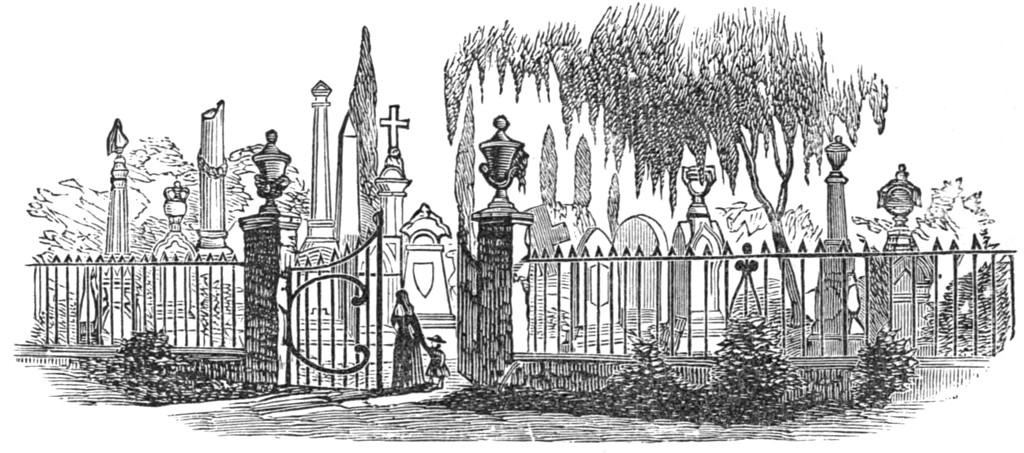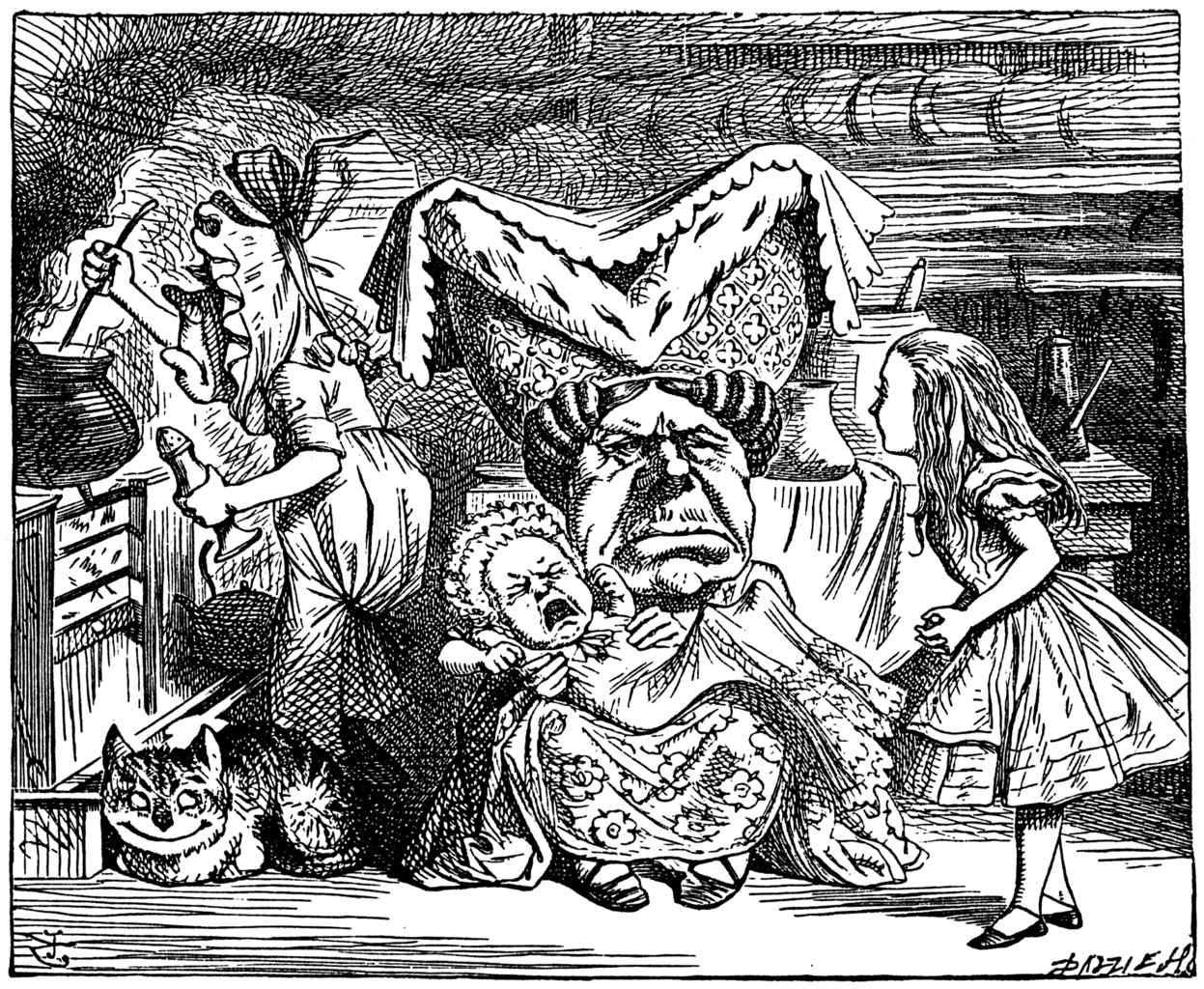
Epitaphs gathered by Gyles Brandreth for Famous Last Words and Tombstone Humor, 1989:
Underneath this pile of stones
Lies all that’s left of Sally Jones.
Her name was Briggs, it was not Jones,
But Jones was used to rhyme with stones.
(Skaneateles, New York)
Here lieth
Mary — the wife of John Ford
We hope her soul is gone to the Lord
But if for Hell she has changed this life
She had better be there than be John Ford’s wife
1790
(Potterne, Wilstire, England)
Old Thomas Mulvaney lies here
His mouth ran from ear to ear.
Reader, tread lightly on this wonder,
For if he yawns you’re gone to thunder.
(Middlefield, Massachusetts)
Sacred to the memory of
Henry Harris
Born June 27, 1821, of Henry Harris
and Jane, His Wife. Died on the 4th
of May, 1837, by the kick of a
Colt in his bowels.
Peaceable and quiet, a friend to his
father and mother, and respected by all
who knew him, and went to the world
where horses do not kick, where sorrow
and weeping is no more.
(Williamsport, Pennsylvania)
Here lies I —
Jonathan Fry —
Killed by a sky-
Rocket in my eye-
Socket.
(Frodsham, Cheshire, England)
Julia Adams.
Died of thin shoes,
April 17th, 1839, aged 19 years.
(New Jersey)
A stone in Litchfield, Connecticut, reads, “Sacred to the memory of inestimable worth of unrivalled excellence and virtue, N.R., whose ethereal parts became seraphic, May 25th, 1767.”






